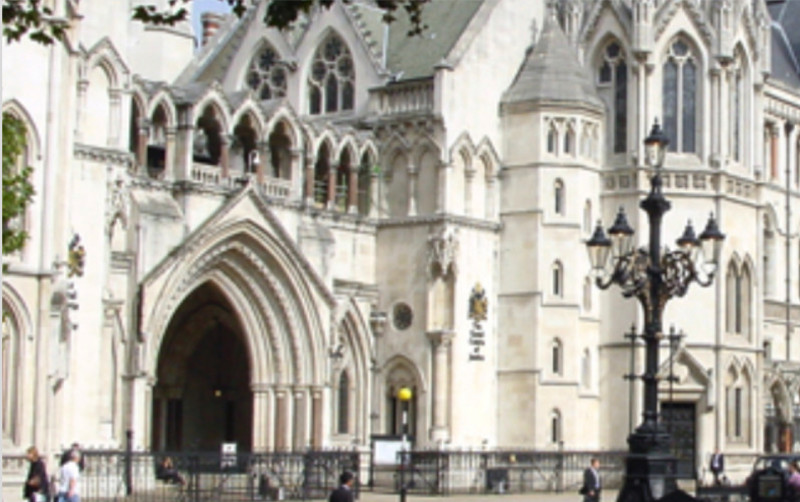A SEXUAL predator has been told he presents a ‘medium risk’ to the public by the judge who rejected his appeal bid for freedom.
Jamie Michael Woodland sent a photograph of his private parts to a police officer who he at the time believed to be a 13-year-old girl. He has failed in his bid to convince top judges in London that his three month jail term was too harsh.
Woodland, 27, spent months chatting online with what he thought was a 13-year-old, but was in fact an undercover police officer.
He sent photos of his genitals and told the officer she looked ‘sexy’ and ‘hot’ when he was sent a photo of a girl in a school uniform.
After his arrest in April 2017, he claimed he had been feeling depressed following his break-up with his girlfriend.
He admitted two counts of attempting to cause a child to look at an image of sexual activity and was jailed at Sheffield Crown Court last month.
In his defence his lawyers argued he had been too harshly punished and that his three-month sentence should have been suspended.
They said Woodland, of High Street, Wombwell, had been of ‘previous good character’ and the court was told he is now back with his girlfriend.
She gave birth to their child in the summer and was herself being badly affected by his being in prison, said barrister, Richard Barradell.
Having admitted the offence, Woodland was seeking to have his sentence reduced, arguing that a suspended prison sentence would have been an appropriate punishment given his previous good character.
But dismissing the cast at the Court of Appeal in London last Friday, Mr Justice Goose said the only appropriate punishment for Woodland was an immediate jail sentence.
“It was an aggravating factor that the apparent age disparity between the 13-year-old potential victim and the 25-year-old offender was significant,” he said.
The judge said that although Woodland had been of previous good character, he had become a ‘sexual predator’ during the months he was chatting with the ‘girl’.
“It is clear from the pre-sentence report that he does present a medium risk to the public,” he said.
“The sentence imposed upon him cannot be described as manifestly excessive or wrong in principle.”
The three-month term was upheld.



























